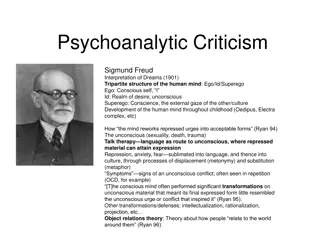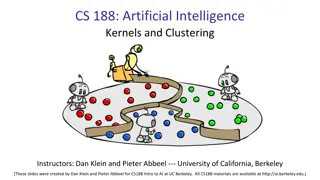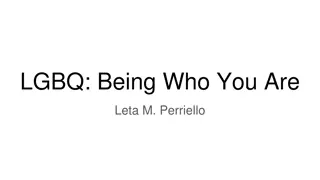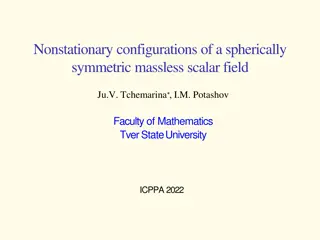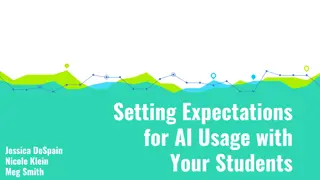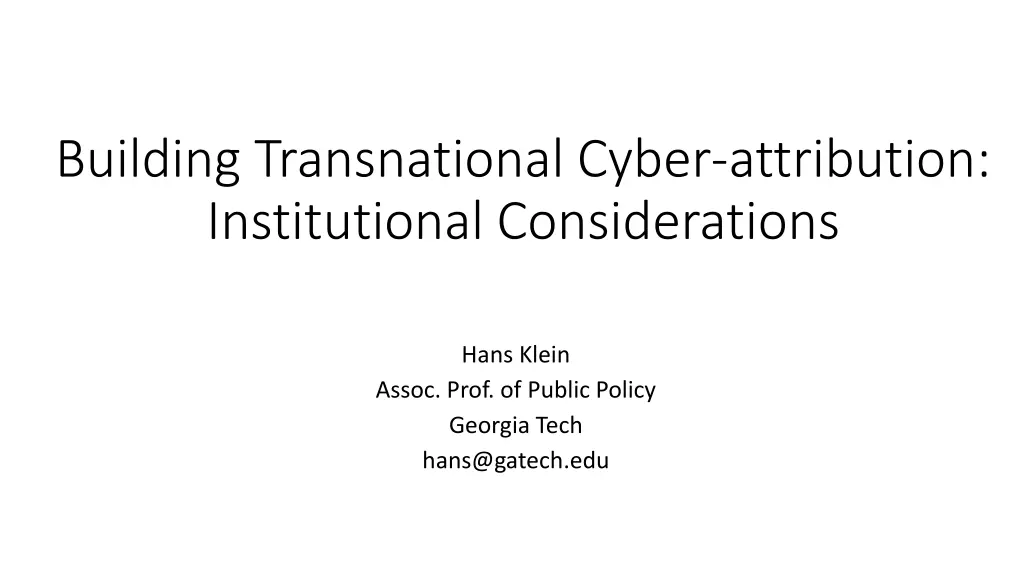
Transnational Cyber Attribution: Institutional Considerations by Hans Klein
Explore the complexities of transnational cyber attribution in a high-stakes political environment with sovereign states and the challenges of establishing authority and making decisions in the face of cyber attacks. Discover the incentives on states, proposed authorities, and the role of organizational forms in addressing cyber threats. Understand the political implications of cyber attribution both externally and internally.
Download Presentation

Please find below an Image/Link to download the presentation.
The content on the website is provided AS IS for your information and personal use only. It may not be sold, licensed, or shared on other websites without obtaining consent from the author. If you encounter any issues during the download, it is possible that the publisher has removed the file from their server.
You are allowed to download the files provided on this website for personal or commercial use, subject to the condition that they are used lawfully. All files are the property of their respective owners.
The content on the website is provided AS IS for your information and personal use only. It may not be sold, licensed, or shared on other websites without obtaining consent from the author.
E N D
Presentation Transcript
Building Transnational Cyber-attribution: Institutional Considerations Hans Klein Assoc. Prof. of Public Policy Georgia Tech hans@gatech.edu
The International Community A high-stakes political environment Sovereign states Independence of action Use of force Low-normative environment No common higher authority Few agreed norms A war zone? One unipolar hegemon Multipolar challengers So: Larger context is fraught Hard-ball politics <hans@gatech.edu> 2
Cyber Attack: Characteristics Low information Novel technologies Novel actions Novel actors Rapid pace of action Electron speed A complex decision-making situation In a highly politicized environment With high stakes Hi demand for decision A public act National honor <hans@gatech.edu> 3
Incentives on States No higher authority Pressure for fast action Delay is weakness Attribute it Declare intentions Take action Attribution as a (counter-) attack Mobilize public opinion Frame the narrative Set the agenda Justify actions An information operation <hans@gatech.edu> 4
The Proposed: What Authority? Not a state! No state interest interest free ? Expert authority Scientific Methods, processes Public authority? Global Invocations of multi-stakeholder Perhaps risky But: setting of precedents? <hans@gatech.edu> 5
Organizational Form An institution Possesses authority Can make rules Set precedents? An organization Has agency A forum Still has a focal point May reach consensus A network <hans@gatech.edu> 6
Politics External: attribution is political Affects interests Attracts pushback Flak, delegitimization, pressures on employer Internal: constitution of authority Multi-stakeholderism Elections have high stakes How robust are internal procedures capture Setting precedents Becomes a norm-maker <hans@gatech.edu> 7
Building It: Study existing organizational forms Private investigators Outside and alongside legal institutions UN: OPCW Domestic: organizational separation of 1. Fact-finding (investigation) Mostly scientific 2. Attribution (judgment) Can be (very) political Roles of existing players Incident responders University-based entities Citizen Lab experiences <hans@gatech.edu> 8
Building It: Organic Development Start doing attribution Evolve as necessary Try: A proof of concept Play with both meta-analysis of others work actual attribution On-going attribution Vs. case study Consciously experiment Group learning What parameters to set early? <hans@gatech.edu> 9
Speculation Can we start a war? A target state denies it was attacked Perhaps: claims it sunk its own ship with its own missile. But: we do scientific investigation We attribute attack to another state Victim state must now counter-attack What if some states are very, very helpful? Access to data is given freely but selectively Facilitates attributions against other states What if the organization gets targeted? <hans@gatech.edu> 10












